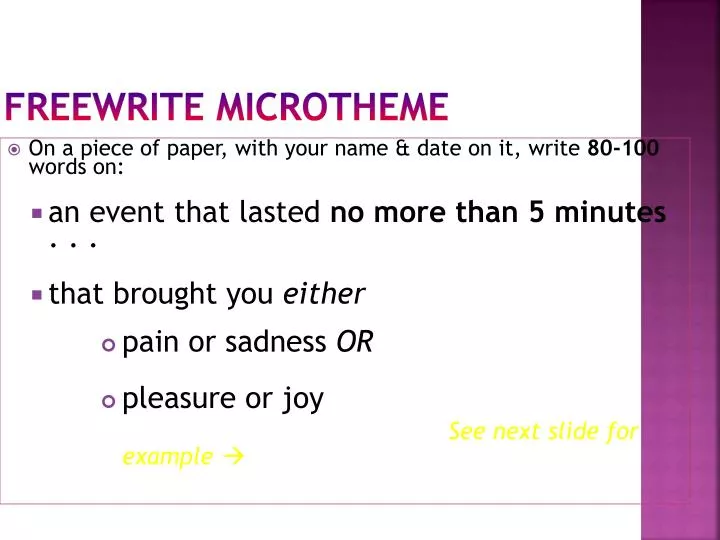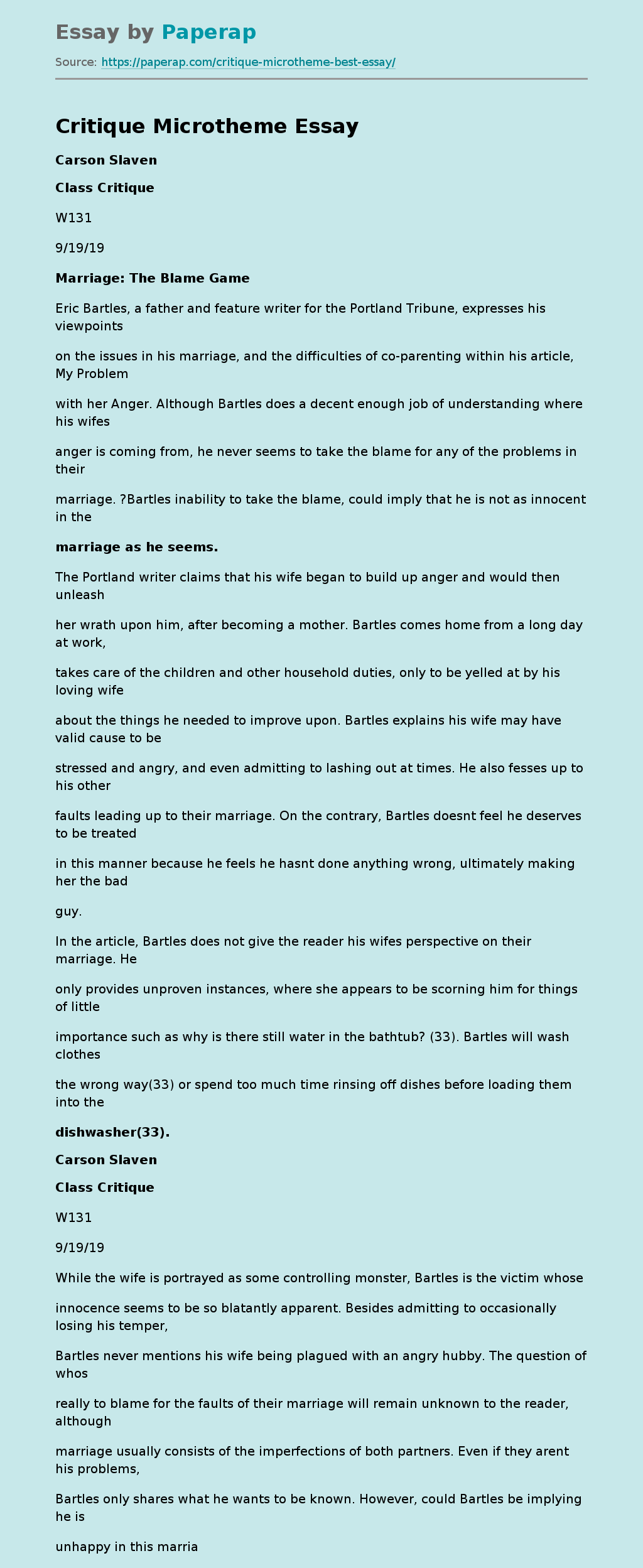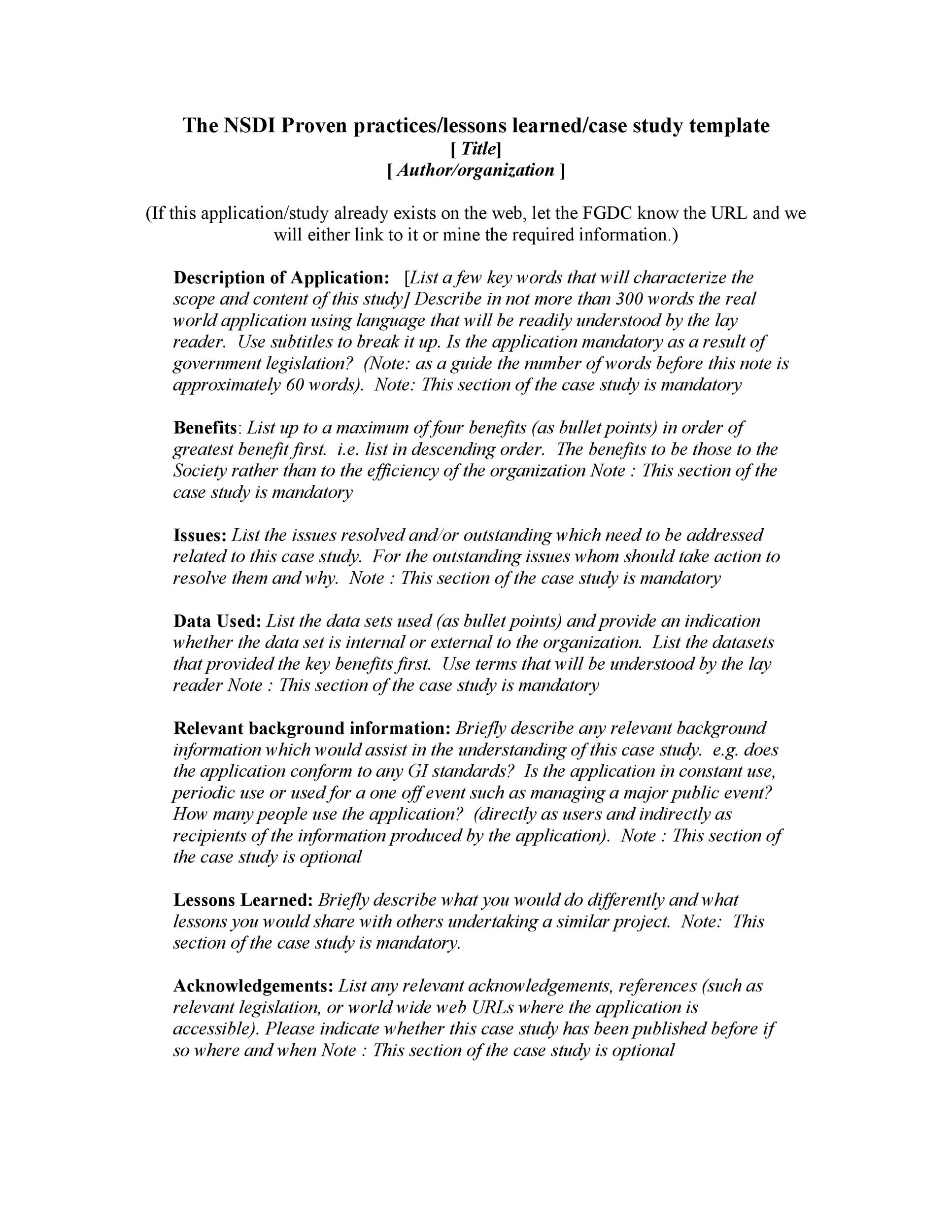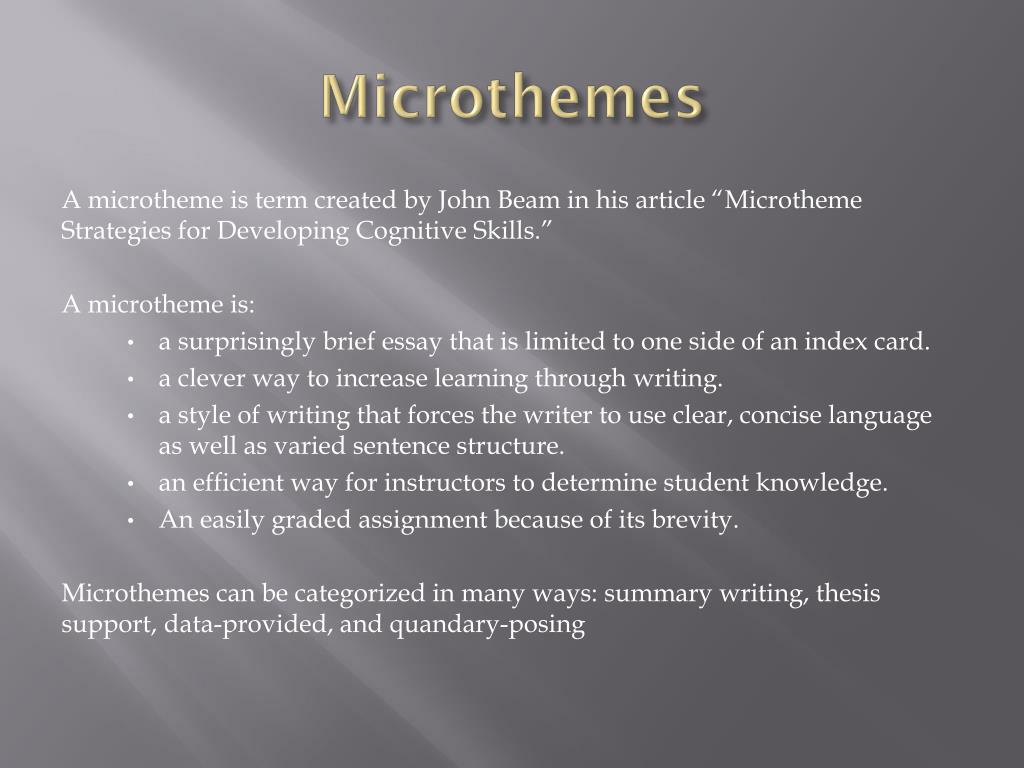What Everybody Ought To Know About How To Write A Microtheme

A microtheme on microthemes.
How to write a microtheme. The microtheme approach is one strategy to help students learn subject matter and to strengthen writing skills. Often an exercise unto itself, it can also be used in writing. Use of microthemes to increase writing content for introductory science laboratory.
I tested microthemes (short, focused writing assignments) for teaching effective writing within the context of a fisheries management course. Many instructors recognize the value of writing as a learning tool but struggle to develop. Therefore, proper grammar, coherent sentence structure, and organization will.
Writing is a learning activity, as well as a communication skill. In this 7 minute video, i will discuss the microtheme papers and how to structure, organize, and format them. The microtheme assignment is part of the university’s writing across the curriculum program.
For a summary, model identifying the structure and main ideas from a reading passage. Your microthemes must on a single sheet of paper, using 1” margins and size 12 font. You will address the first point or detail that you thesis sentence.
This form requires a small amount of writing after a great. How to write a microtheme: It may be helpful to model the type of microtheme you are assigning.
The microtheme, a brief essay limited on one page of a 5 x 8 index card, is an ideal instrument for painlessly increasing the written. There are four types of microtheme that i have used.
Microthemes are short writing assignments that are based on the concept of leverage where a small amount of writing is preceded by a great deal of thinking. As an exercise in critical thinking and concise, clear. A successful microtheme should do the following:
Using microthemes to improve students' writing skills. A short guide * the idea behind a microtheme is to present an argument about an assigned topic or question as clearly and concisely as. Virginia tech (virginia polytechnic institute and state.
Provide evidence from the text (quote.



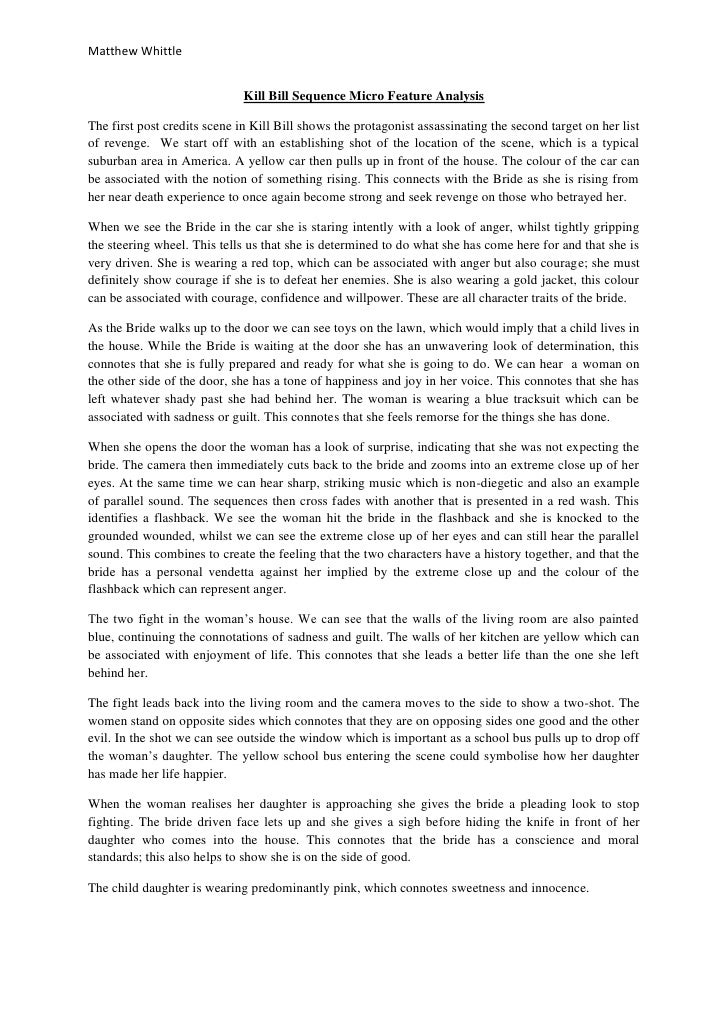
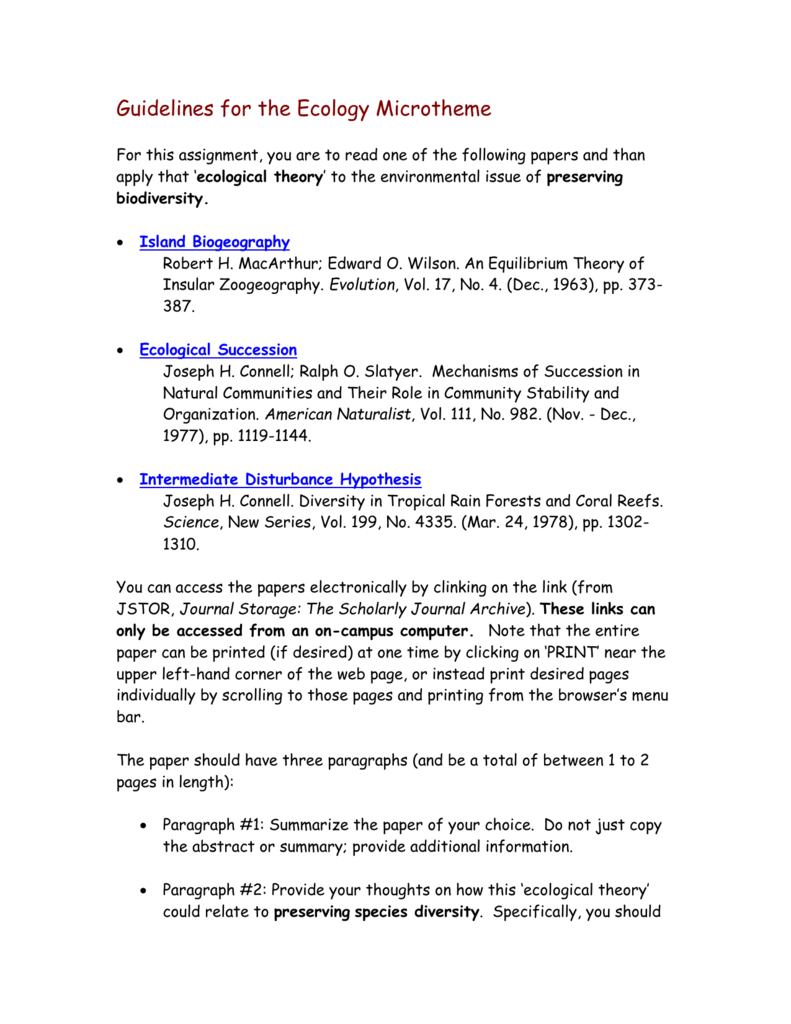
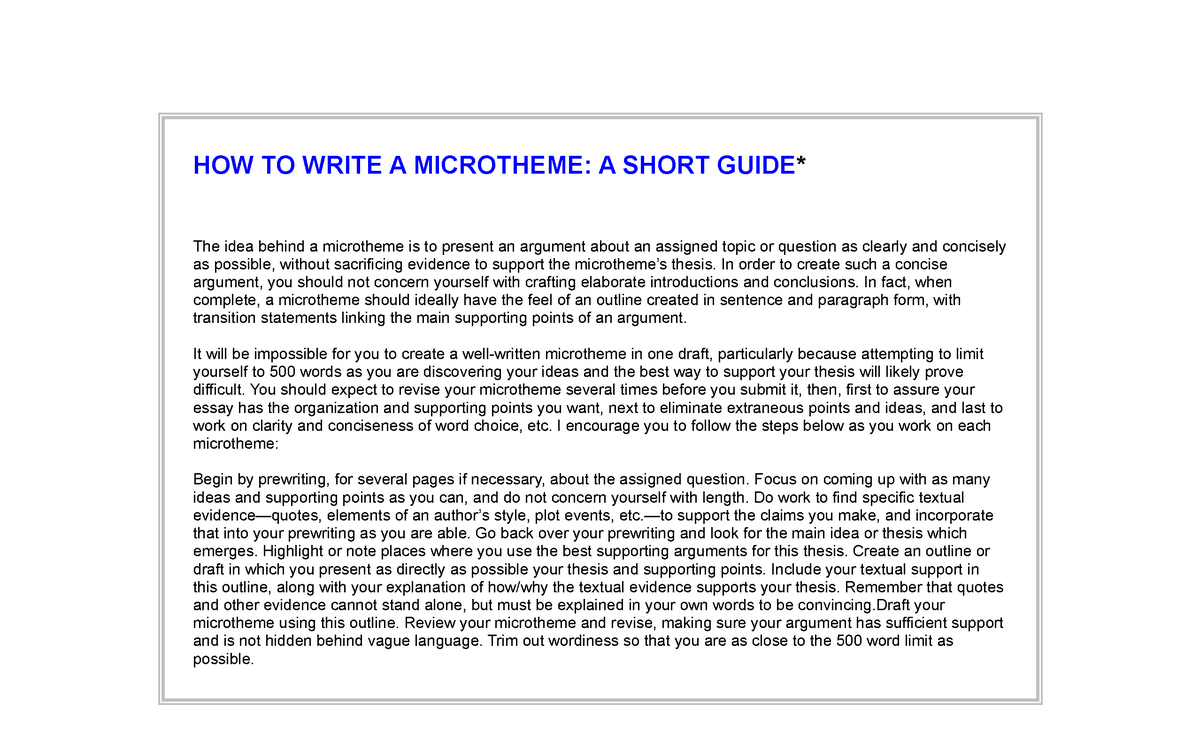


![[PDF] Using Microthemes to Improve Students' Writing Skills](https://i1.rgstatic.net/publication/239794684_Using_Microthemes_to_Improve_Students'_Writing_Skills/links/0c96051d460e5dc7a4000000/largepreview.png)
